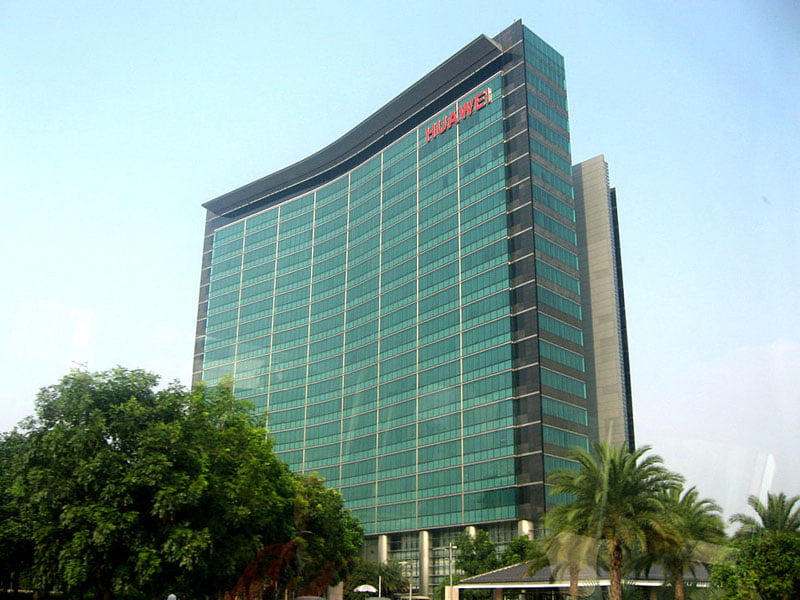In his own inimitable way, the late communications minister Stephen Conroy, may have done Huawei Technologies something of a favour by barring the company from competing on the tender for the multi-squillion dollar National Broadband Networks project.
Saying the NBN has had some problems is an understatement.
It’s so far over budget that Australia is now getting a hotch-potch network that discriminates against some customers in favour of others, at its discretion. The cost will be many more billions of dollars more than the gold standard original.

One can still hear the howls, echoing down the years, when Telstra has attempted to offer better services to some and not others. So here we go again.
The NBN corporation has replicated the bloated bureaucracy of Telstra and the jury remains out on whether the slick-talking American Bill Morrow can deliver.
So far, all we have seen is more money, including plenty for Bill and his team of amigos from Vodafone and more missed rollout deadlines.
The chickens of the so-called MTM model, which officially stands for Mixed Technology Mix but it is really the Malcolm Turnbull mix, have barely begun flapping home to roost.
But with mobile internet speeds the way they are today, the potential for opposition parties to wield broadband as political weapon has been substantially reduced.
Telstra must be relieved the copper wires, their attendant maintenance and competition baggage is off its hands, making the company far harder to demonise.
The chopping and changing of technology and budgets must have driven the executives at Alcatel Lucent insane. And who knows how much extra cost this switching of technology horses mid-race added to the overall cost of the NBN.
One of the telecoms sector’s dirty secrets is the history of often bitter disputes between network suppliers and telecoms.
Two examples amongst many are Optus’ problems with Huawei DSL for its XYZ business network (in the period when Huawei’s founder Ren Zhengfei has admitted his products were not up to scratch) and Ericsson’s problems extracting payment from Telstra for Sol Trujillo’s accelerated rollout of Telstra’s 3G network.
In the grand scheme of Huawei’s US$46 billion a year global business, NBN or MTN payments would have been rounding errors.
The majority of money in network building is construction and labour, in any case.
Still, the Conroy ban happened at a time when Huawei was craving some high profile, big ticket contracts in the West to match its developing markets business. So the company went through stages of rejection, denial and anger. It’s now in the acceptance phase and far happier for it.
The NBN rejection allowed Huawei to pull focus on its enterprise business and its mobile business in networks and handsets. The latter has been problematic and we will explore that next time.
But the rest is going gangbusters with $484 million in sales for the year ending 31 December 2014.
That’s annual growth of 18 percent. A percentage boost tells us its taking market share at that rate handily outstrips market growth.
The company’s products are now in good working order and its pouring billions into research and development, as well as branching out into next generation communications networks like smart cities and various others sensor based models for next generation phones.
The freeing up of its senior executives by not being at the beck and call of both the NBN Co and two hands-on ministers (to date) cannot be understated.
The NBN knock back was almost certainly done at the behest of the United Sates, which does not trust Huawei equipment.
That’s because US security agencies know how easy it is for private companies to be co-opted even in countries with the rule of law (China has no such pesky impediments.)
The story is different in Europe, including another “five eyes” intelligence partner the United Kingdom, who unlike Australia, have spy networks that likely have the capacity and/or willingness to do their own due diligence.
With plenty of money to spend on innovation perhaps it’s time that Turnbull and his government tech team made friends with Huawei again?
Still, the Chinese are masters of bleating about open access to our markets when they do not offer us the same accord and Huawei has benefited from this enormously. Especially the decision made in recent years to replace all Cisco’s gear in its national networks.
You win some, you lose some. And the NBN hoo-ha my be proving to be the former for Huawei.
The author attended Huawei’s annual Innovation Day in Singapore as a guest of the company.
Do you know more? Contact James Riley via Email.

